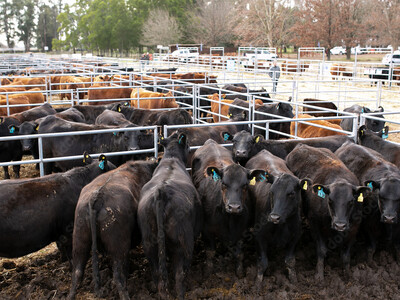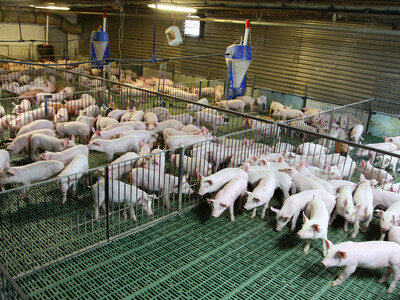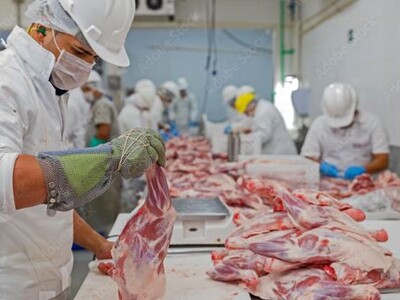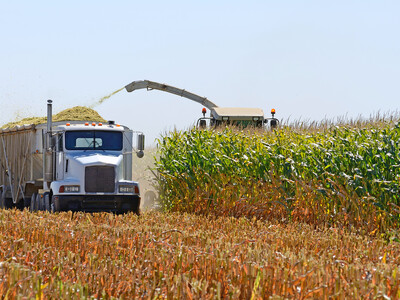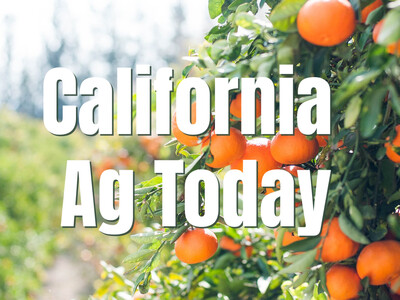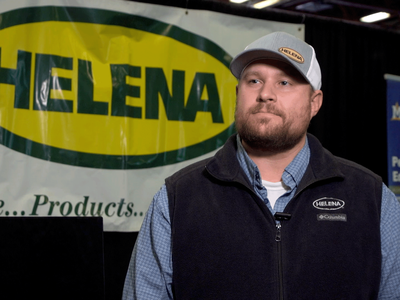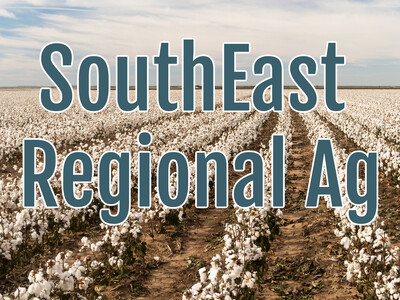Urban Sustainability
Urban Sustainability. I’m Greg Martin with today’s Line On Agriculture.
I am intrigued by the latest buzz word in agriculture and that is “sustainable.” What is sustainable agriculture? According to the website SustainableTable.org, sustainable agriculture is a way of raising food that is healthy for consumers and animals, does not harm the environment, is humane for workers, respects animals, provides a fair wage to the farmer, and supports and enhances rural communities. And while agricultural sustainability might conjure country visions, an extension expert says it can also be practiced in the city as well.
ALLEN: I hear people all the time say I’m going to go get a little piece of land in the country and then I’m going to get solar and then I’m going to catch all my rainwater and then I’m going to have a garden. And it got me to thinking well you could do that right in the middle of town. You don’t need to have a little acre ranchette somewhere out near farmland to be able to live sustainably.
That is Leslie Allen of
ALLEN: They understand that sustainable living is really just looking at your life and examining your life through your values and getting to know your values more which we don’t tend to do so much.
These “urban homesteaders” have learned a variety of things that helps them practice sustainability in the city. If you have fruit trees or a vegetable garden you are on your way.
ALLEN: It’s really exciting to see people embrace that idea. You’re bombarded with so much advertising of what we should want, how we should live and it seems like we don’t sit down and really think about that very closely and so when you figure out what’s important to me, then you can make some decisions on how you live. So it’s a lot of fun to do it in the city because people just don’t even think about it.
Other ways to become more sustainable in the city includes using a push mower to cut the grass, breaking up concrete or asphalt areas and fill with gravel to catch rain water, drying your clothes outside in the sun. It makes them smell nice too. Create a compost pile for grass clippings and other organic matter. Some areas allow raising livestock like chickens or even keeping bees to help in pollination and to collect the honey. There are dozens of ways to become an “urban homesteader” and a call to your local extension office should give you plenty of great information.
That’s today’s Line On Agriculture. I’m Greg Martin on the Northwest Ag Information Network.




